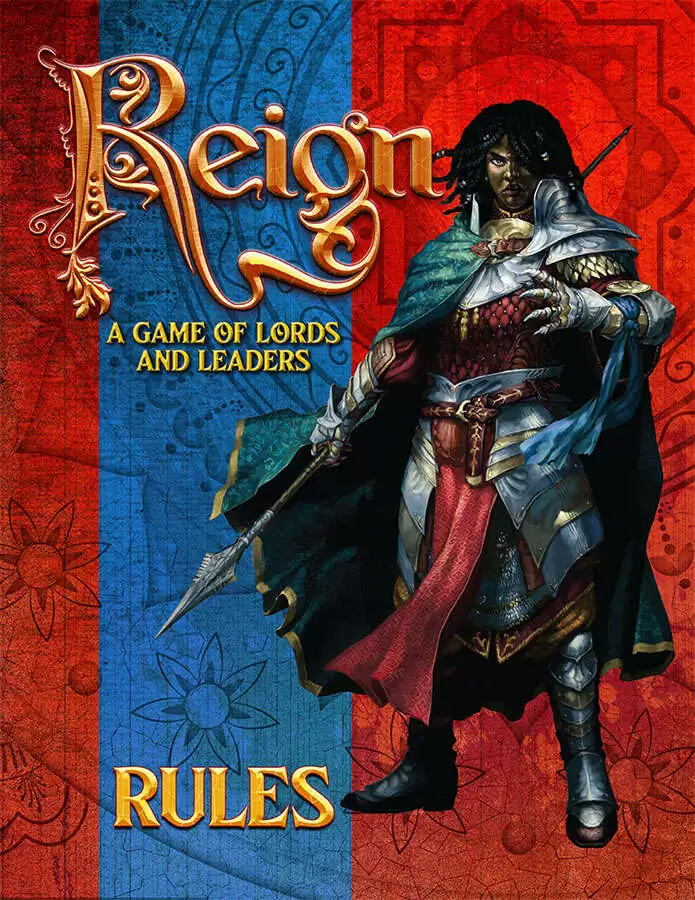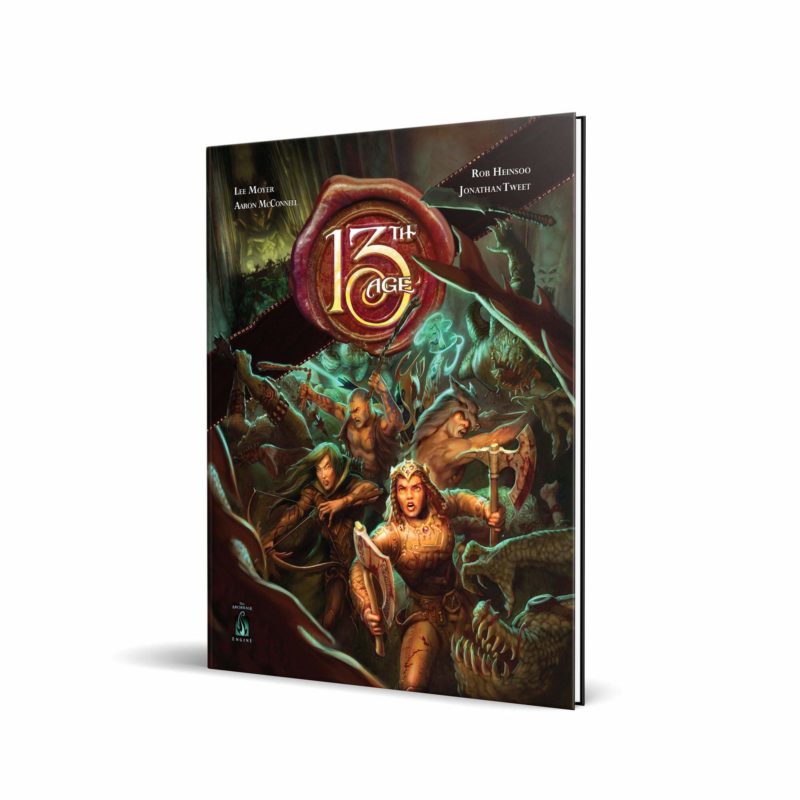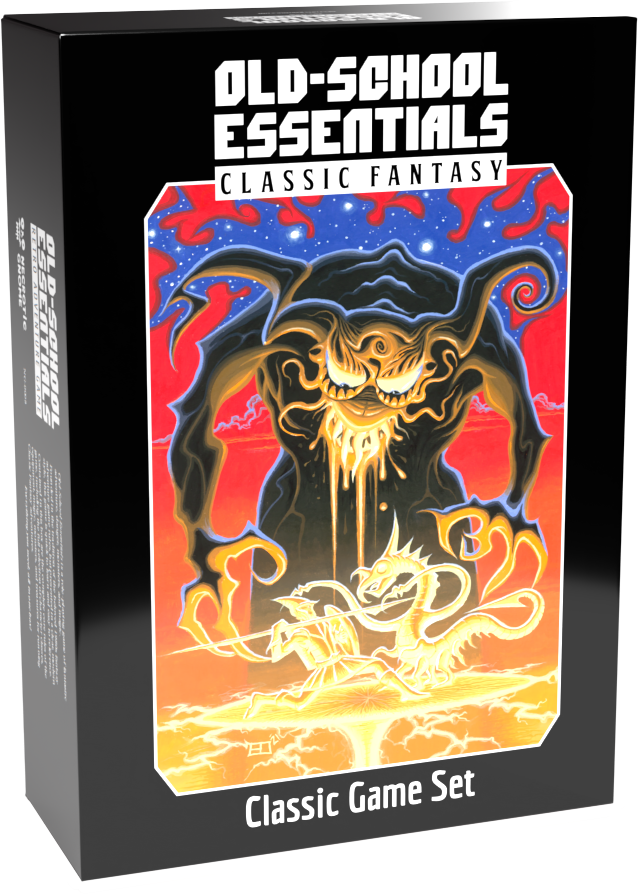Reign High-Fantasy; Political; Narrative-Driven; Collaborative Worldbuilding; Character Customization; Social Intrigue; Tactical Combat; Rules Lite
Reign is a tabletop roleplaying game that empowers players to control not just individual characters, but entire organizations like nations, cults, or companies. Utilizing the One-Roll Engine (ORE), it offers a unique blend of high-fantasy, political intrigue, and collaborative worldbuilding. Its rules-lite approach and focus on narrative make it a compelling choice for players seeking a game where their characters' actions have significant, far-reaching consequences. The game emphasizes both personal character stories and the grand strategies of managing a realm or organization.
Theme and Setting
Reign is set in a high-fantasy world, often described as non-Eurocentric and non-Tolkienian. The core setting revolves around the continents of Heluso and Milonda, featuring diverse nations such as Dindavara (Prussians with katanas, only black), Uldholm (progressive, enchanted trade unionists), the Truil Tribes (nomadic cannibals), and the Empire (a decadent but still dangerous power). The game encourages exploration and allows for significant player impact on the world. Its richly detailed world, as found in supplementary books like Reign: Realms, provides a solid foundation for campaigns where players shape the political landscape and the very nature of their societies.
Core Mechanics and Rules
Reign uses the One-Roll Engine (ORE), a system known for resolving actions with a single dice roll. Players roll a pool of d10s and look for matching numbers. The height of the match indicates the quality of the result, while the width indicates the speed or scope. This system is used for everything from combat to social interactions. A key element of Reign is the 'Company' mechanic, which provides rules for managing organizations. Each company has Qualities (similar to stats) and can take various actions such as espionage or warfare. PCs greatly influence company actions. The game also features customizable character options through Martial Paths and Esoteric Disciplines, allowing for unique specializations. The rules are designed to be modular, allowing GMs to tailor the complexity of the game to their group's preferences.
What Makes Reign Unique
Reign's unique selling point is its focus on company-level play, enabling players to control and develop entire organizations. This sets it apart from most RPGs, which primarily focus on individual characters. The ORE system allows for both individual and company actions to be resolved quickly and efficiently. Furthermore, the game's modular design makes it highly adaptable; the company rules can even be integrated into other RPG systems. The emphasis on political maneuvering and social intrigue, combined with tactical combat, creates a dynamic and engaging gameplay experience. The ability to customize martial paths and magical disciplines adds depth to character development and allows players to create truly unique characters.
Target Audience and Player Experience
Reign appeals to players who enjoy political intrigue, collaborative worldbuilding, and narrative-driven campaigns. The game is best suited for groups that want to explore the consequences of their characters' decisions on a grand scale. While tactical combat is present, it is not the primary focus. The rules-lite nature of the game makes it accessible to new players, while the depth of the setting and the company mechanics offer plenty of complexity for experienced roleplayers. A successful Reign campaign requires players to be proactive and engaged in the world, as their characters are not just adventurers but leaders shaping the destiny of nations.



